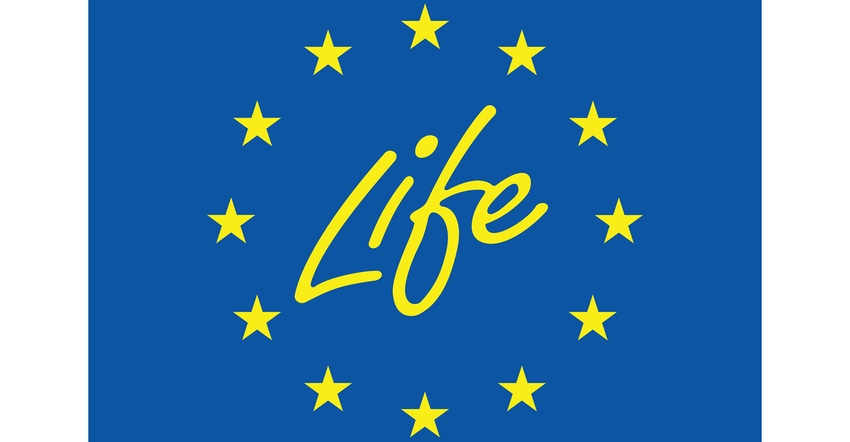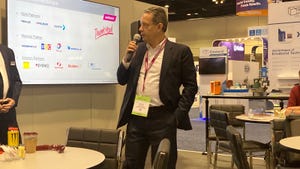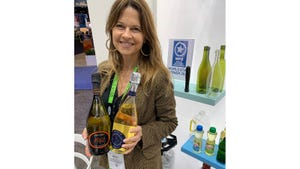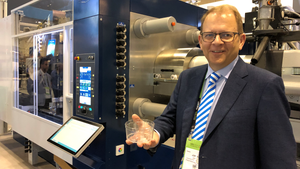Partnership Achieves First Lab-Scale Production of ABS Using Recycled Styrene
The ABS produced with recycled feedstock matches the properties of virgin material with up to a 30% reduction in its greenhouse gas footprint, according to project partners Ineos Styrolution and Indaver.
June 18, 2021

The first laboratory-scale production of ABS using recycled styrene, ABrS, was announced this week by waste management company Indaver and styrene producer Ineos Styrolution. The first 10 kg of the material were produced at the Ineos Styrolution lab in Cologne, Germany, and processed by R&D partner Neue Materialien Bayreuth GmbH. Tests reportedly showed no measurable differences in properties with virgin material while achieving up to a 30% reduction in greenhouse gas emissions.
The successful proof of concept for the production of ABS from recycled feedstock is a significant milestone in the ABSolutely Circular research project, said the two partners. The project is funded by the EU LIFE program, which provides financial support to initiatives that promote environment and resource efficiency.
“With the upcoming construction of a polystyrene recycling plant and an ABrS mini-plant in Antwerp becoming operational, we will be able to make another significant step forward toward production of ABS from recycled feedstock at commercial scale,” said Petra Inghelbrecht, project leader for the ABSolutely Circular research project.
The four-year project was initiated in October 2020. At the time, Ineos Styrolution stressed that it wanted to unlock the properties of styrenics in a more-sustainable vehicle. Robust, dimensionally stable, lightweight, and compliant with food-contact requirements, ABS copolymers are used in a range of applications in the automotive, healthcare, electronics, household, and other sectors.
About the Author(s)
You May Also Like


